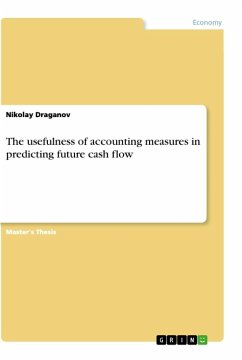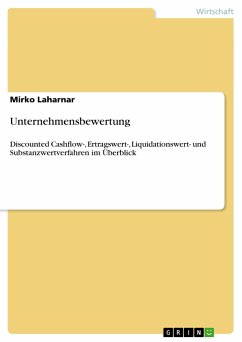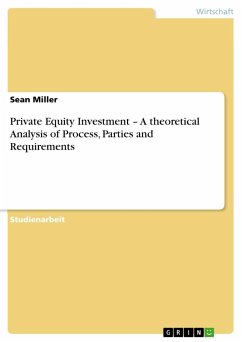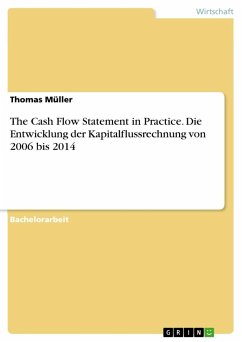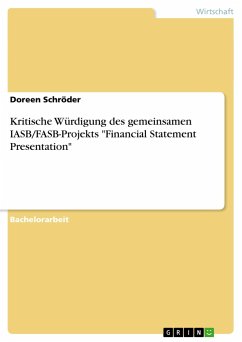Master's Thesis from the year 2021 in the subject Business economics - Accounting and Taxes, grade: 1,0, University of Cologne, language: English, abstract: The primary aim of this study is to empirically examine the relative ability of accounting earnings and cash flow to predict future cash flow. Moreover, the role of accruals in cash flow predictions is called into question. One of the major purposes of financial reporting consists in ensuring an informational basis that helps investors, creditors and other users of accounting data to overcome the uncertainty associated with the future cash flows of enterprises their financial activity relates to. At the same time, the accrual concept prevails in modern accounting, since it is theorized to mitigate the mismatching and timing problems of the unrefined cash ba-sis accounting. Hence, recognizing revenues and expenses in the period when they have occurred, and not when cash was received or paid out, should create a more relevant framework for decision making. The use of accrual accounting earnings as a summary measure of financial performance instead of the more primitive cash flows is therefore advocated by accounting standard setters. For instance, the Financial Accounting Stand-ard Board claims that: "Information about enterprise earnings and its components measured by accrual accounting generally provides a better indica-tion of enterprise performance than information about current cash receipts and pay-ments".The FASB's statement led to a rising discussion in the financial research on whether accounting earnings provide a more reliable picture of a company's future operating cash flows than current operating cash flows themselves do. Hence, a major implication of the above quotation refers to the incremental power of accruals and its components in predicting future cash flows beyond the one contained into current operating cash flows. This debate represents a cornerstone in evaluating the information quality offered by the accrual accounting concept.
Hinweis: Dieser Artikel kann nur an eine deutsche Lieferadresse ausgeliefert werden.
Hinweis: Dieser Artikel kann nur an eine deutsche Lieferadresse ausgeliefert werden.

